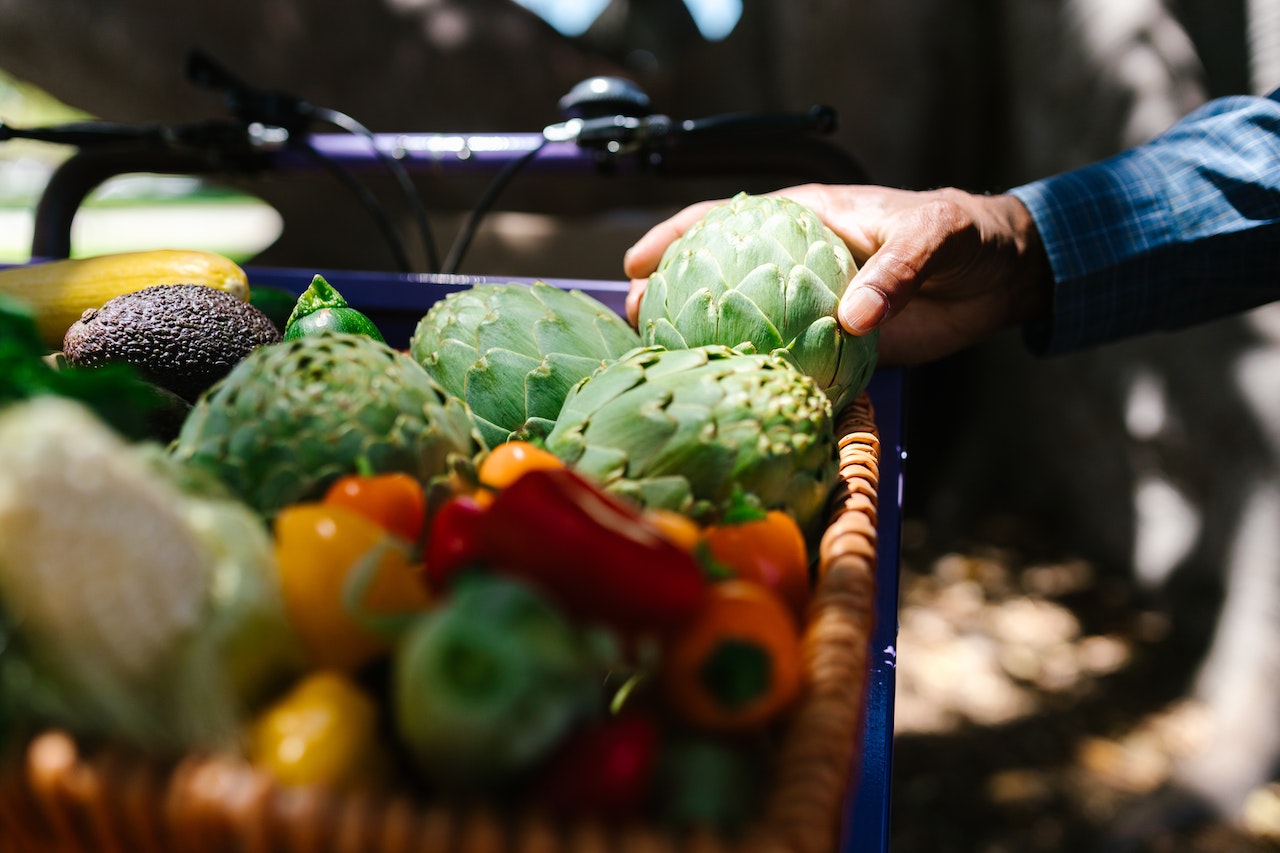
The Environmental Impact Of A Plant-Based Diet
Article at a Glance
- A plant-based diet can impact the environment according to a 2018 study from Oxford University.
- This article explains 3 reasons a plant-based diet is more sustainable.
- If you are considering switching to a plant-based diet, read this article for some helpful tips.
TABLE OF CONTENTS
Avoiding single-use plastic. Minimizing food waste. Riding public transit or biking instead of driving. These are all things that you can do to minimize your environmental impact. But what’s one change you can make that will have an even bigger effect? Switching to a plant-based diet.
According to a 2018 study from Oxford University, eating a plant-based diet is the “single biggest way” that an individual can impact the environment. There are many reasons for this, ranging from animal byproducts to water usage. We’ll detail a few of them here.
Why A Plant-Based Diet Is More Sustainable
1. Lower Emissions
Meat production also produces excess greenhouses gases. Animal feed is grown and transported; animals are housed, then transported to processing centers; then their products are transported to grocery stores.
However, the actual emissions of the animals themselves – their gas! – has a higher environmental impact. One-fourth of all agriculture admissions in the U.S. are produced by livestock. By switching to a plant-based diet, your carbon footprint will drop dramatically.
2. Reduced Water Usage
It takes 120 liters of water to produce a single eight-ounce glass of cow’s milk. To make the same sized serving of almond, oat, and pea milk, it takes 74, 10 and 1.9 liters, respectively. In another example, it takes 1,800 gallons to create a pound of beef, but only 302 gallons for a pound of tofu. Obviously, there is more that needs to be done to conserve water, but switching to plant-based meat and dairy alternatives is a good start.
3. Better Land Use
There is only so much land on earth. Currently, there are more acres devoted to growing food for livestock in the U.S. than are used to grow food consumed by humans. As the population grows, we will need to use every acre of land in the most strategic way possible. Using land to grow food for animals simply isn’t an efficient use of this valuable land.
Ready To Switch To A Plant-Based Diet?
If you want to eat more plant-based foods but aren’t sure where to start, 18 Chestnuts can help! Our soups are made with high-quality, local ingredients, then packaged in glass jars and shipped in compostable materials, with an eye on sustainability at every step in the process. Check out our delicious soups and place your order today!
18 Chestnuts crafts delicious, plant-based soups that deliver on nutrition and flavor. We offer soup delivery subscriptions and one-time orders. Whether you’re too busy to cook, want a nutritious meal option, have dietary restrictions, or want to send soup to someone who needs a comforting meal, 18 Chestnuts is for you!
With a wide range of healthy soup flavors including Beetroot Apple, Red Pepper Pomodoro, Carrot Ginger Dill, Butternut Squash Pear, and Asparagus Shiitake, our gourmet soup will thrill your tastebuds. All 18 Chestnuts soups are dairy-free, low-glycemic, locally sourced, and nutrient-dense. Check out our soups and schedule your soup subscription today!
Source: VegNews, “4 Major Environmental Benefits of a Vegan Diet”



